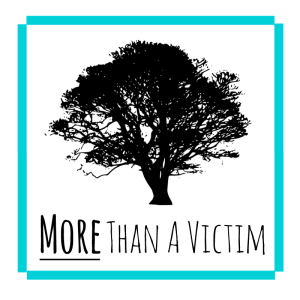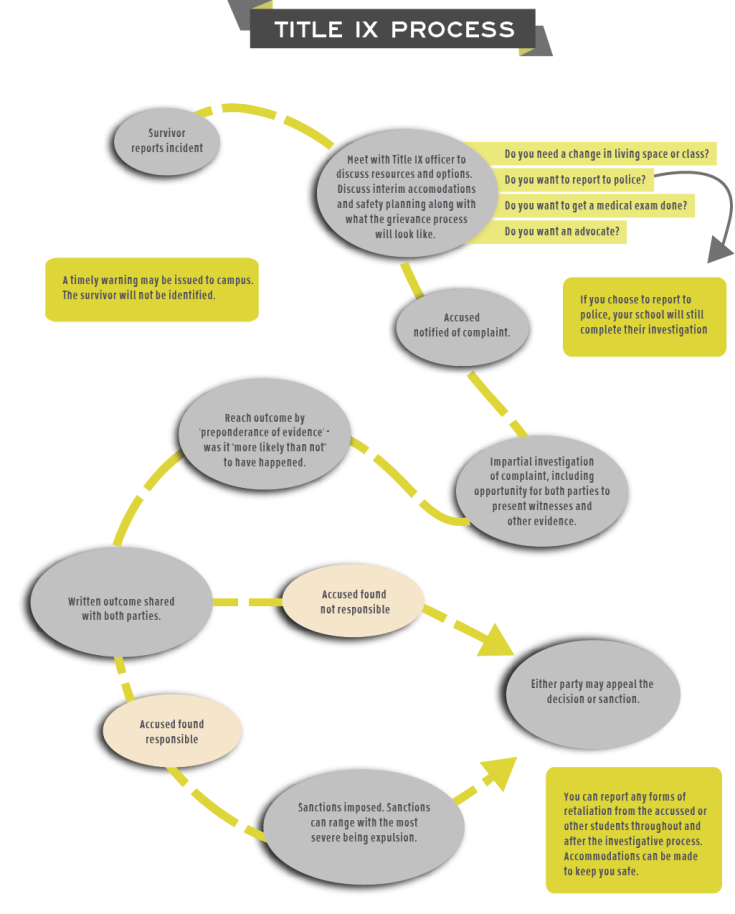*Trigger Warning*
One night. One November night. November 14th, 2014. That’s when my world fell apart. One night that will torment me for the rest of my life. The night you raped me.
I remember everything about that night, and you probably couldn’t care less.. Your name, your voice, your hands; they will forever be engraved into my brain. I remember telling you to stop touching me. Making you mad then, and fearing for my life. Trying to scream for help, but a smack across the face is what I got. You couldn’t stop at having your way once though. You just had to do it again, because you liked it so much the first time. I remember laying there hoping you would kill me, because dying is so much better than the shame this has given me. I remember fighting to breathe as you pushed all of your weight down on my body. You had your fun infecting me with pain.
I hate you. You took choice away from me. You took my virginity. You gave me a child, and then it was taken away too. The most confusing situation in the world is being pregnant and accepting the fact that your first child was fathered by a rapist. I lost my son though. He will never be yours. He is mine, and I would have done everything in my power to make sure he was nothing like you.
You are a monster.
You took my power to say no. You took any strength I had left to continue this life. You victimized me. You violated me. You broke me. Every night I relive it in my sleep. And during the day, through depression and anxiety, the flashbacks are enough to make a person crazy. Look up PTSD, depression, anxiety, self-harm, maybe you’ll get an insight into what you did to me.
Here I am, unable to hold myself up anymore. I am lost. I am shattered glass on the floor. I’m screaming inside, but unable to speak. The worst part is I blame ME.
I let you into my room, naive to think you were trustworthy. I should have known.
These thoughts bring shame, guilt, and self-hate.
I hate thinking. I hate hating. I hate feeling. Hate is crashing down. It won’t leave. Hate holds a place in my heart and mind. Consuming my life little by little. Eating me from the inside out. Because of you, I want to crawl out of my skin. Because of you, I hate myself. Because of you, my life will never be the same.










